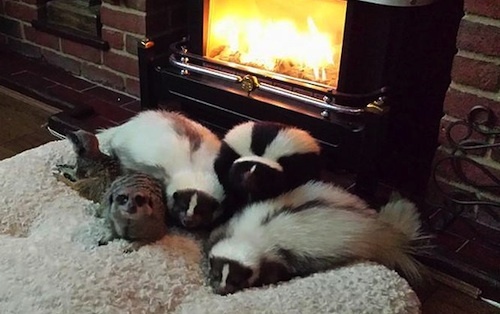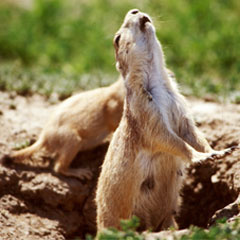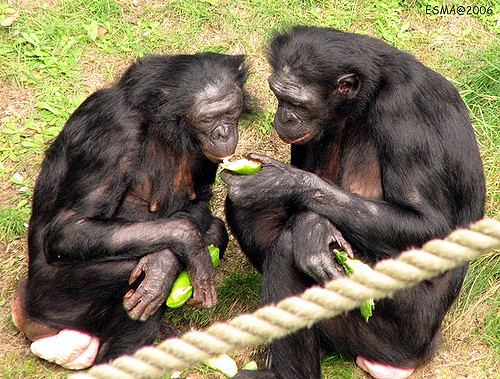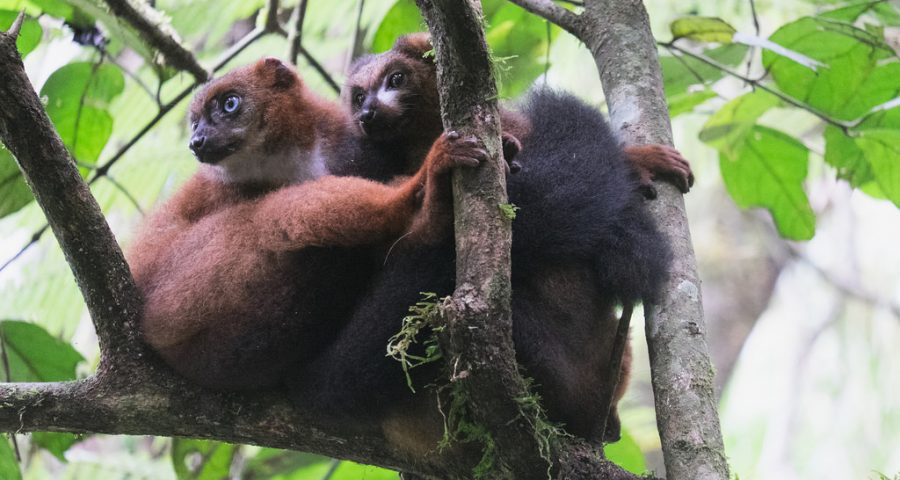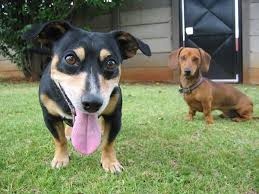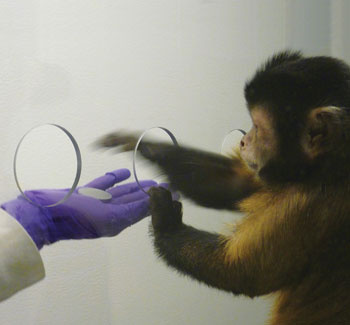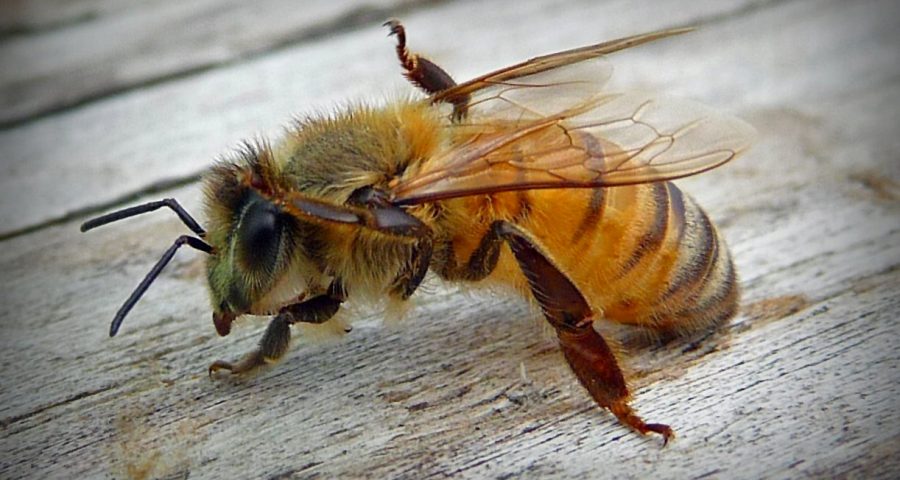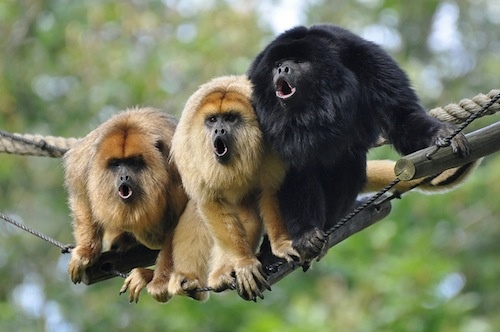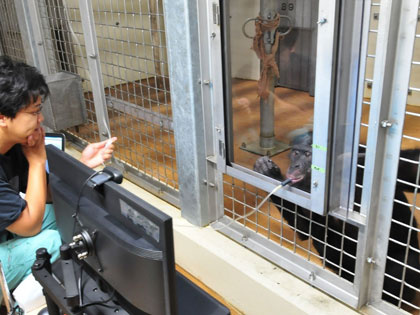Why did skunks evolve with such di-STINK-tion? This is Sandra Tsing Loh with the Loh Down on Science. Meet biologists Tim Caro and Theodore Stankowich. Yes, really. They study how some carnivorous mammals protect themselves from getting eaten. For example: meerkats huddle in groups, while skunks squirt noxious sprays. Why
Stinky Strategy
